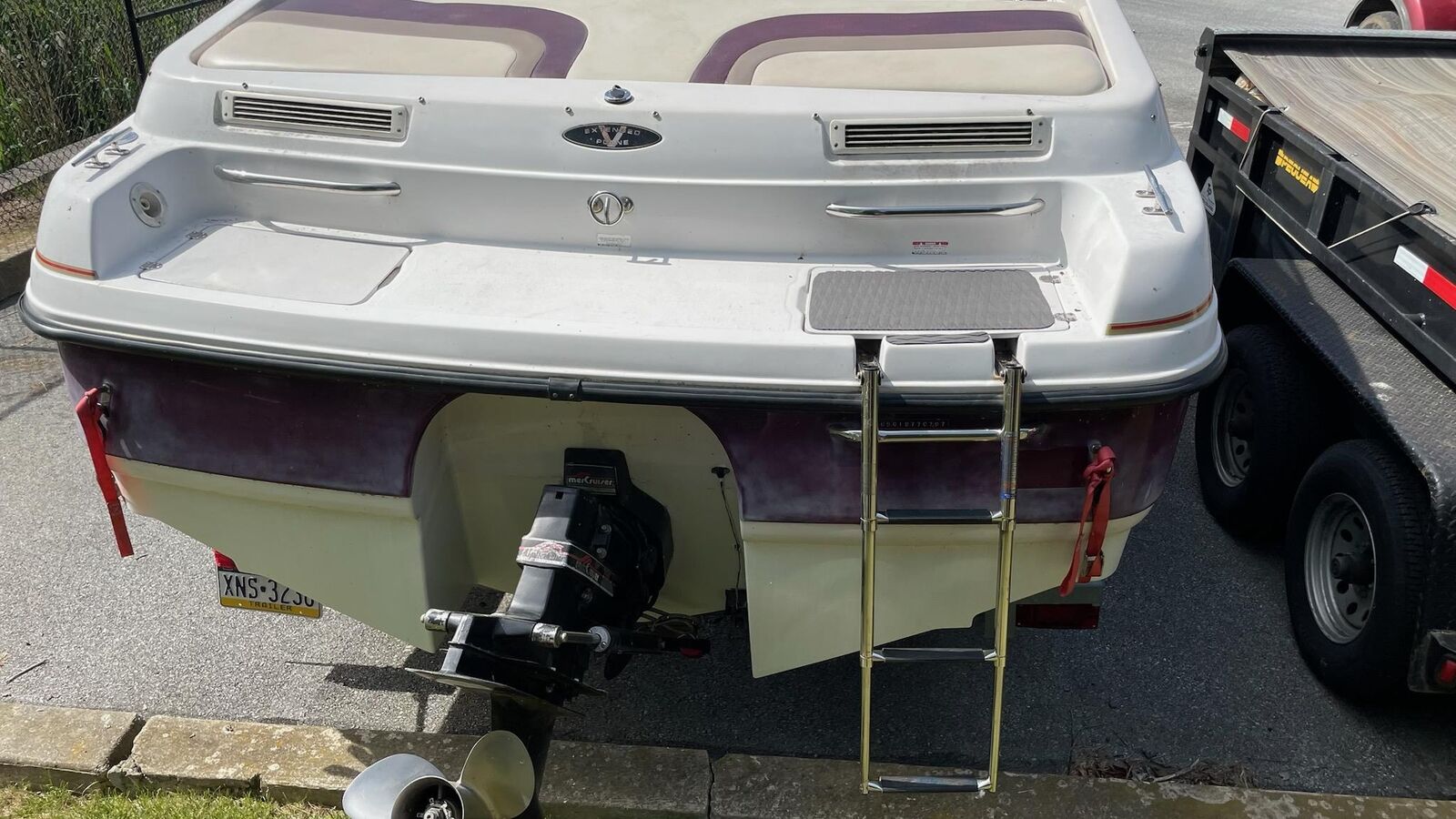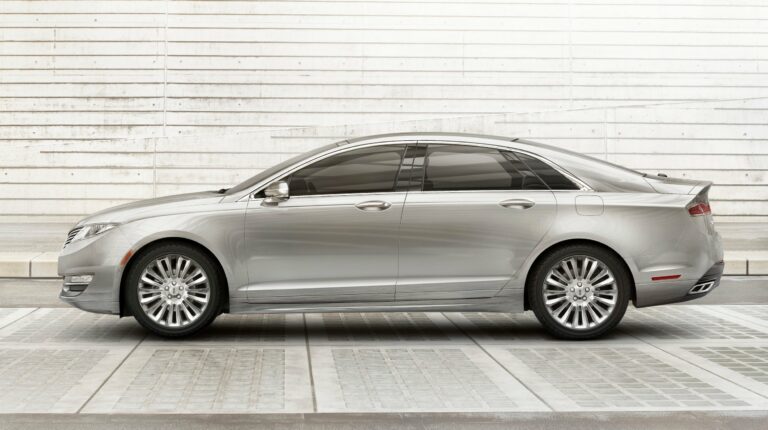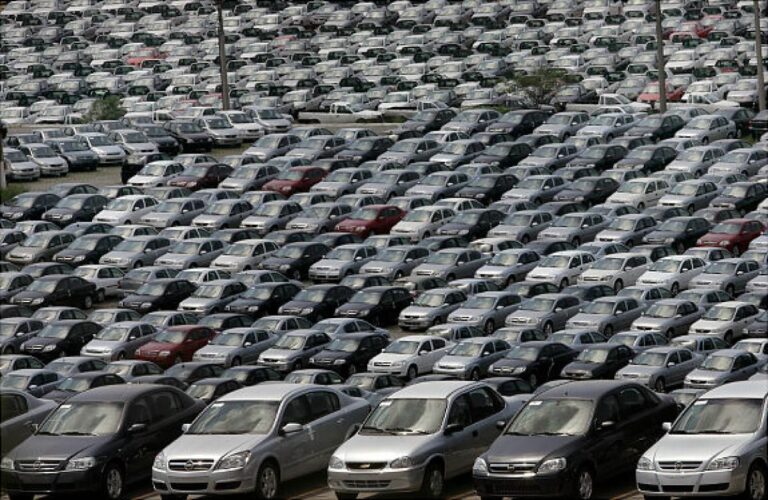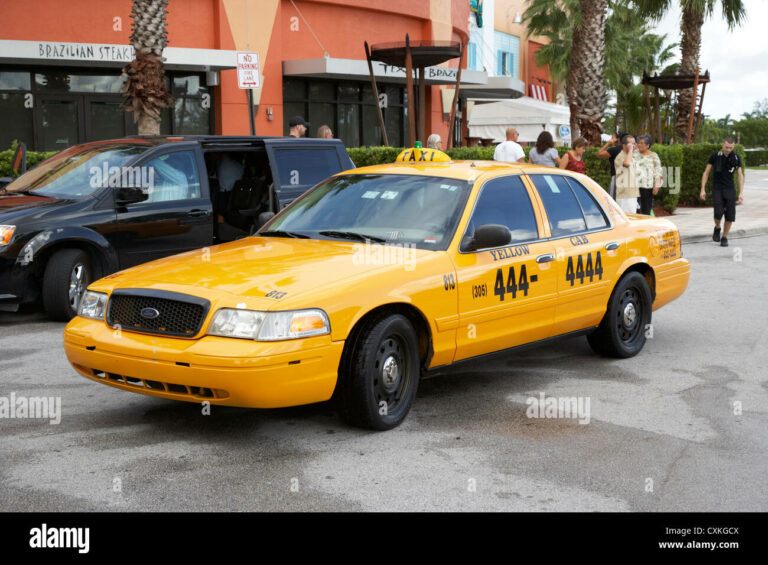Rental Trailer USA: Your Comprehensive Guide to U-Haul
Rental Trailer USA: Your Comprehensive Guide to U-Haul cars.truckstrend.com
Moving, hauling, or tackling a large DIY project often requires more space than your personal vehicle can offer. This is where rental trailers come into play, and in the United States, one name stands synonymous with accessible, reliable, and versatile trailer rentals: U-Haul. For decades, U-Haul has been the go-to solution for individuals and businesses needing to transport everything from household goods and furniture to vehicles, landscaping materials, and construction supplies.
This comprehensive guide delves deep into the world of U-Haul rental trailers in the USA, offering an engaging overview, practical advice, and essential information to ensure your hauling experience is seamless, safe, and successful. Whether you’re planning a cross-country move, clearing out a garage, or embarking on a home renovation, understanding the U-Haul trailer ecosystem is your first step towards getting the job done efficiently.
Rental Trailer USA: Your Comprehensive Guide to U-Haul
The U-Haul Advantage: Why Choose U-Haul Trailers?
U-Haul’s dominance in the US rental trailer market isn’t accidental; it’s built on a foundation of convenience, variety, and a widespread network. When considering a rental trailer, U-Haul offers several compelling advantages:
- Extensive Network: With over 21,000 locations across the U.S. and Canada, U-Haul boasts an unparalleled reach. This means you can typically find a pick-up or drop-off location conveniently close to you, whether in a major city or a remote town.
- Diverse Fleet: From compact cargo trailers to heavy-duty auto transports, U-Haul offers a wide array of trailer types and sizes to suit almost any hauling need. This ensures you can select the exact equipment required for your specific cargo.
- Affordability & Transparency: U-Haul is known for its competitive pricing, especially for in-town rentals, making it a cost-effective alternative to hiring professional movers or purchasing a trailer. Their online quoting system provides upfront pricing for your specific dates and locations.
- Flexibility for One-Way Moves: For those embarking on long-distance relocations, U-Haul’s one-way rental option allows you to pick up a trailer in one city and drop it off in another, providing immense logistical convenience.
- Designed for Safety: U-Haul trailers are engineered with safety in mind. Features like low loading decks, independent suspension, and lightweight construction contribute to easier towing and improved stability. They also provide comprehensive safety checks and instructions during pick-up.
- DIY Empowerment: U-Haul empowers individuals to take control of their moving and hauling projects, offering the tools and equipment necessary to save money and maintain flexibility.

Types of U-Haul Trailers: Finding Your Perfect Match
Choosing the right U-Haul trailer is crucial for both efficiency and safety. U-Haul categorizes its trailers primarily by their intended use and design:
1. Cargo Trailers (Enclosed)

Ideal for protecting your belongings from weather, dust, and debris, these enclosed trailers are perfect for moving household goods, furniture, boxes, and sensitive items. They come with a ramp for easy loading and tie-downs to secure your cargo.
- 4×8 Cargo Trailer: The smallest enclosed option, perfect for studio apartment moves, college dorms, or hauling a few large pieces of furniture.
- 5×8 Cargo Trailer: A popular choice for one-bedroom apartments or small house moves, offering more cubic feet than the 4×8.
- 5×10 Cargo Trailer: Suitable for larger one-bedroom or small two-bedroom apartments, or for moving appliances and bulky items.
- 6×12 Cargo Trailer: The largest enclosed trailer, commonly used for two-bedroom homes or significant hauling tasks. It offers substantial space and often comes with a wider ramp.
2. Utility Trailers (Open)
These open-top trailers are designed for hauling items that are bulky, dirty, or oddly shaped, such as landscaping materials, construction debris, ATVs, motorcycles, or large appliances. They often feature a sturdy ramp for easy loading.
- 4×7 Utility Trailer: Great for small yard projects, hauling mulch, or transporting a small ATV.
- 5×8 Utility Trailer: A versatile option for landscaping, moving appliances, or small equipment.
- 5×9 Utility Trailer with Ramp: Offers slightly more length and a convenient ramp, suitable for larger ATVs or small riding mowers.
- 6×12 Utility Trailer: The largest utility trailer, ideal for hauling large amounts of debris, multiple motorcycles, or construction materials.
3. Auto Transport Trailers
When you need to move a vehicle, U-Haul offers two primary solutions:
- Tow Dolly: Designed for front-wheel-drive (FWD) vehicles, a tow dolly lifts the front wheels of the towed vehicle off the ground, while the rear wheels remain on the road. It’s a cost-effective option for shorter distances or lighter vehicles.
- Auto Transport (Car Hauler): This is a full-platform trailer that lifts all four wheels of the towed vehicle off the ground. It’s the safest and most secure option for all types of vehicles, especially for long distances or valuable cars. It typically includes ramps and tie-down straps.
4. Motorcycle Trailers
U-Haul also offers specialized trailers designed specifically for transporting one or more motorcycles, featuring chocks and tie-down points to secure bikes safely.
How to Rent a U-Haul Trailer: A Step-by-Step Guide
Renting a U-Haul trailer is a straightforward process, but careful planning ensures a smooth experience.
-
Assess Your Needs:
- What are you moving? List all items.
- How much does it weigh? Estimate the total weight of your cargo. This is critical for matching with your towing vehicle’s capacity.
- What’s your destination? Determine if you need an in-town or one-way rental.
-
Choose the Right Trailer:
- Based on your cargo’s volume and weight, refer to the trailer types above. When in doubt, it’s often better to go slightly larger than too small.
-
Check Towing Vehicle Compatibility:
- Towing Capacity: Your vehicle’s owner’s manual will specify its maximum towing capacity. Never exceed this limit.
- Hitch: You’ll need a proper receiver hitch installed on your vehicle.
- Hitch Ball: Ensure you have the correct size hitch ball (typically 1-7/8", 2", or 2-5/16") for your chosen trailer. U-Haul can tell you the required size.
- Wiring Harness: Your vehicle needs a working wiring harness (4-flat or 7-round pin connector) to power the trailer’s brake lights, turn signals, and running lights.
-
Reserve Your Trailer:
- The easiest way is online via the U-Haul website or app. You can also call or visit a U-Haul location.
- Provide your desired pick-up and drop-off locations, dates, and the specific trailer type you need. Early reservations, especially during peak moving seasons (summer, end of month), are highly recommended.
-
Pick Up Your Trailer:
- Bring your valid driver’s license.
- A U-Haul representative will assist you with hooking up the trailer, ensuring the hitch connection is secure, safety chains are crossed, and the lighting is functional.
- They will also provide essential safety instructions and a pre-trip inspection.
-
Loading and Towing Safely:
- Weight Distribution: Load your heaviest items first, positioning about 60% of the cargo weight in the front half of the trailer, closer to the hitch. This helps prevent "sway."
- Secure Cargo: Use tie-downs, ropes, or moving blankets to secure all items within the trailer, preventing shifting during transit.
- Driving: Drive at reduced speeds, allow for increased braking distances, and make wider turns. Be mindful of crosswinds and road conditions.
-
Return Your Trailer:
- Return the trailer to the designated U-Haul location on or before the agreed-upon return time. Ensure it’s clean and free of debris.
Important Considerations and Practical Advice
- Towing Capacity is Paramount: This cannot be stressed enough. Overloading your vehicle or trailer is extremely dangerous and illegal. U-Haul’s website has tools to help you determine your vehicle’s towing capacity.
- Insurance Options: Your personal auto insurance may or may not cover rented trailers. U-Haul offers supplemental coverage options like "Safetow" that can provide protection for physical damage to the trailer and your cargo. Review these options carefully.
- Hitch Installation: If your vehicle doesn’t have a hitch or the correct wiring, U-Haul offers hitch installation services at many of its locations.
- State Towing Laws: Be aware of varying speed limits for vehicles towing trailers, and other specific regulations in different states you might be traveling through.
- Pre-Trip Inspection: Before every drive, check tire pressure on both your vehicle and the trailer, ensure lights are working, and confirm the hitch connection is secure.
- Moving Supplies: U-Haul locations also sell moving supplies like boxes, packing tape, furniture pads, and dollies, which can be invaluable for your move.
- Don’t Rush: Take your time when loading, securing, and driving. Rushing increases the risk of accidents.
Potential Challenges and Solutions
While U-Haul strives to make trailer rentals easy, some challenges can arise:
- Underestimating Weight or Size:
- Challenge: Renting a trailer that’s too small or underestimating the weight of your items, leading to multiple trips or an overloaded trailer.
- Solution: Create a detailed inventory, estimate weights, and use U-Haul’s online volume and weight calculators. When in doubt, opt for the next size up.
- Vehicle Incompatibility:
- Challenge: Your personal vehicle doesn’t meet the towing requirements (e.g., no hitch, insufficient capacity).
- Solution: Explore U-Haul’s hitch installation services, or consider renting a U-Haul moving truck which comes with a built-in hitch for towing auto transports or dollies.
- Last-Minute Availability:
- Challenge: During peak seasons, trailers might be scarce, especially specific sizes or one-way options.
- Solution: Book as far in advance as possible. Be flexible with your pick-up dates or consider slightly different locations if availability is tight.
- Towing Anxiety:
- Challenge: First-time towers may feel nervous about maneuvering a trailer.
- Solution: Watch U-Haul’s helpful video tutorials on towing safety. Practice driving in an empty parking lot to get a feel for wider turns and braking distances. Start with a smaller trailer if possible.
- Breakdowns/Accidents:
- Challenge: Mechanical issues with the trailer or an accident while towing.
- Solution: U-Haul offers 24/7 roadside assistance. Ensure you have opted for appropriate insurance coverage for peace of mind.
U-Haul Trailer Rental Estimated Pricing
It’s important to note that U-Haul trailer prices are dynamic and can vary significantly based on location, demand, duration of rental (in-town vs. one-way), and specific dates. The table below provides estimated daily rates for in-town rentals and a broad range for one-way rentals, which depend heavily on the distance and demand of the route. These prices do not include taxes, environmental fees, or optional insurance.
| Trailer Type | Estimated In-Town Daily Rate (USD) | Estimated One-Way Rate (USD – Highly Variable) | Max Weight Capacity (Approx.) | Key Use Cases |
|---|---|---|---|---|
| Cargo Trailers (Enclosed) | ||||
| 4×8 Cargo | $14.95 – $19.95 | $100 – $350+ | 1,600 lbs | Small moves, boxes, few furniture items |
| 5×8 Cargo | $19.95 – $24.95 | $150 – $450+ | 1,800 lbs | Apartment moves, medium loads, general hauling |
| 5×10 Cargo | $29.95 – $34.95 | $200 – $550+ | 1,900 lbs | Larger apartment/small house moves, bulky items |
| 6×12 Cargo | $34.95 – $44.95 | $250 – $700+ | 2,500 lbs | Small house moves, large items, more volume |
| Utility Trailers (Open) | ||||
| 4×7 Utility | $14.95 – $19.95 | Typically In-Town Only | 1,700 lbs | Yard work, small equipment, light hauling |
| 5×8 Utility | $19.95 – $24.95 | Typically In-Town Only | 1,800 lbs | ATVs, appliances, building materials, general |
| 5×9 Utility | $24.95 – $29.95 | Typically In-Town Only | 1,650 lbs | Larger ATVs, riding mowers, longer items |
| 6×12 Utility | $29.95 – $39.95 | Typically In-Town Only | 2,100 lbs | Larger landscaping, motorcycles, construction |
| Auto Transport Trailers | ||||
| Tow Dolly | $39.95 – $54.95 | $150 – $650+ | 3,000 lbs (towed vehicle) | FWD vehicles, short to medium distances |
| Auto Transport | $54.95 – $69.95 | $250 – $1000+ | 5,290 lbs (towed vehicle) | All vehicle types, long distances, maximum safety |
| Motorcycle Trailer | ||||
| Motorcycle Trailer | $24.95 – $34.95 | Typically In-Town Only | 1,500 lbs | 1-2 motorcycles |
Disclaimer: These prices are estimates only. For precise pricing, always obtain a quote directly from U-Haul’s website or a U-Haul representative for your specific dates, locations, and trailer type.
Frequently Asked Questions (FAQ)
Q1: Do I need a special driver’s license to tow a U-Haul trailer in the USA?
A1: Generally, no. For most recreational towing with U-Haul trailers, a standard Class D (regular) driver’s license is sufficient in the USA, as long as the combined weight of your vehicle and trailer is below specific commercial limits. However, always check the specific regulations in your state and any states you plan to travel through.
Q2: What kind of hitch do I need for a U-Haul trailer?
A2: You’ll need a receiver hitch installed on your vehicle, along with a hitch ball of the correct size (typically 1-7/8", 2", or 2-5/16"). U-Haul will specify the required ball size for your chosen trailer. Your vehicle also needs a working wiring harness for the trailer lights.
Q3: Can any vehicle tow a U-Haul trailer?
A3: No. Your vehicle must meet the specific towing requirements for the chosen trailer, including sufficient towing capacity, a proper hitch, and functioning trailer lights. U-Haul has tools on its website to help you determine if your vehicle is compatible.
Q4: What’s the difference between a tow dolly and an auto transport?
A4: A tow dolly lifts only the front wheels of the towed vehicle off the ground, with the rear wheels still on the road. It’s generally for FWD vehicles. An auto transport (car hauler) is a full platform that lifts all four wheels of the towed vehicle completely off the ground, offering maximum security and protection for any type of vehicle.
Q5: Is insurance required when renting a U-Haul trailer?
A5: While not legally mandated by U-Haul, it is highly recommended. Your personal auto insurance policy may not cover damage to the rented trailer or your cargo. U-Haul offers optional coverage plans like "Safetow" which can protect you financially in case of damage to the trailer or your belongings.
Q6: Can I pick up a trailer in one city and drop it off in another?
A6: Yes, U-Haul offers one-way rentals for many of its trailers, particularly cargo trailers and auto transports, allowing you to pick up at one location and return to a different U-Haul center. Utility trailers are generally for in-town use only.
Q7: What if my vehicle doesn’t have a hitch?
A7: Many U-Haul locations offer hitch installation services. You can get a quote and schedule an installation directly with them. Alternatively, you could rent a U-Haul moving truck, which comes equipped with a hitch for towing.
Q8: Are there specific speed limits when towing a trailer?
A8: Yes, in many states, the maximum speed limit for vehicles towing trailers is lower than the standard posted speed limit for cars. Always observe posted signs and reduce your speed significantly when towing, especially in adverse conditions.
Conclusion
U-Haul rental trailers in the USA offer an accessible, flexible, and often economical solution for a wide range of moving and hauling needs. By understanding the different trailer types, planning your rental meticulously, and prioritizing safety, you can leverage U-Haul’s extensive network and diverse fleet to accomplish your tasks with confidence. Whether you’re relocating across the country or just clearing out the garage, U-Haul empowers you to take the reins of your project, making heavy lifting a manageable and successful endeavor.







